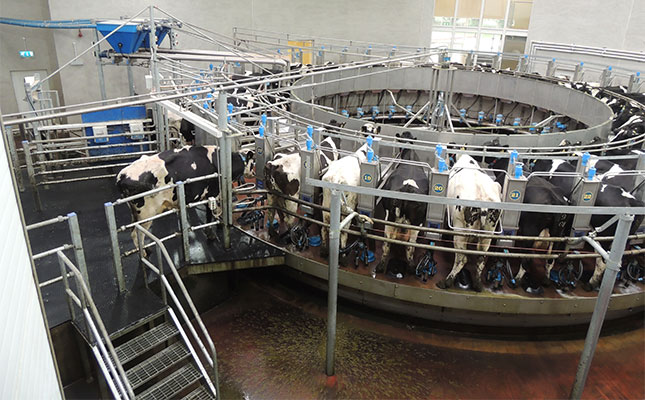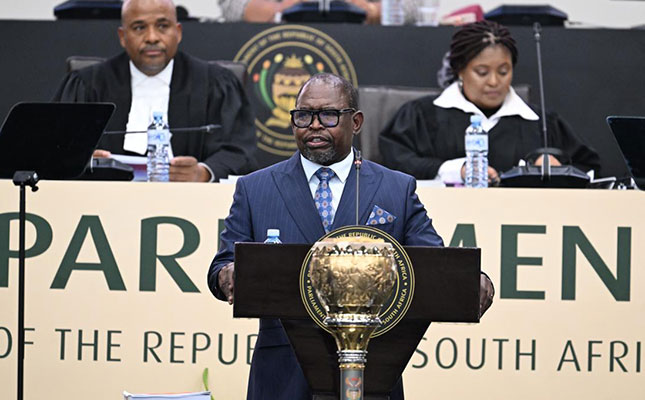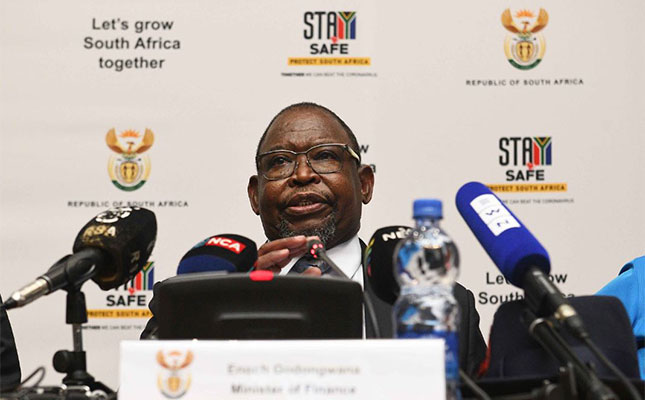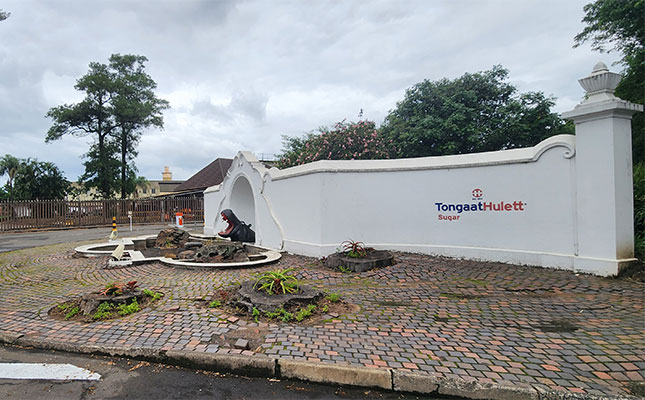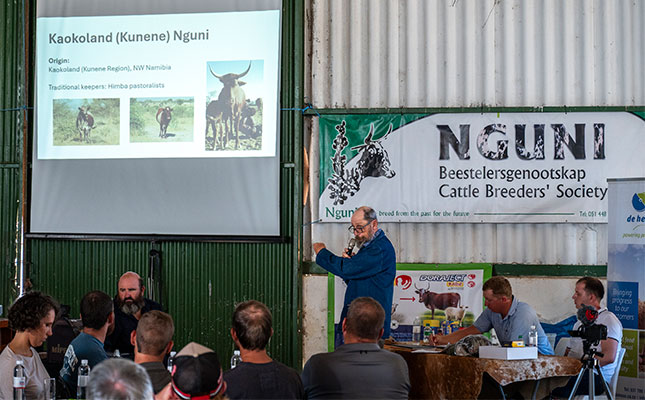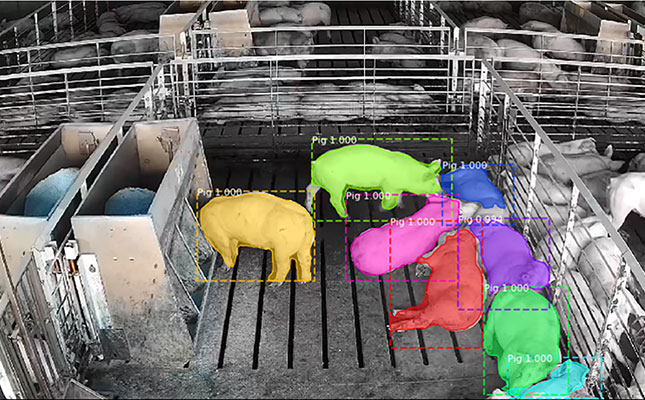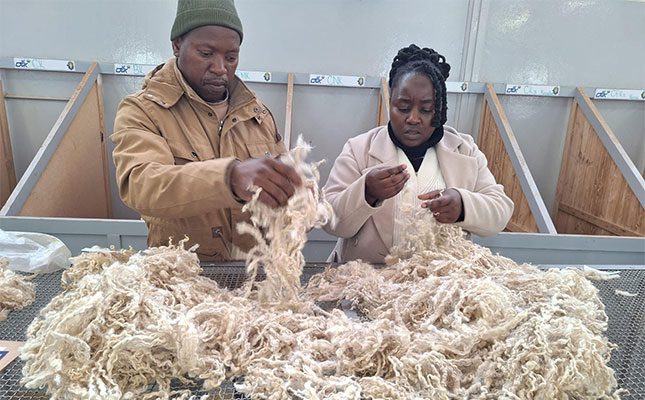
Speaking to Farmer’s Weekly, Beauty Mokgwamme, general manager of the Mohair Empowerment Trust (MET), said the intensive training programme, presented by the MET in partnership with African Enterprise Network, was made possible through the generous financial support of the FirstRand Empowerment Foundation.
Filling knowledge gaps
She added that the training focused on building essential knowledge and practical skills relevant to the mohair industry. Topics included finance for farmers, report writing and administration, the use of technology in farming businesses, animal health and handling, and the fundamentals of mohair classing and sorting.
The modules were carefully chosen to address specific challenges facing emerging mohair producers.
“Focusing on subjects like mohair classing and technology was essential because they address critical skill gaps at the grassroots level of the mohair value chain. Mohair classing, in particular, is a foundational skill that directly influences the quality, marketability, and pricing of the fibre,” Mokgwamme said.
She added that the training was especially valuable for young professionals and emerging farmers who needed to understand how to add value to their product at the very first stages of production.
“This knowledge empowers [young professionals and emerging farmers] to add value to their product right from the shearing shed. Incorporating technology also ensures they stay competitive and adapt to evolving industry standards, including traceability and sustainable practices,” she explained.
Long-term impact
Mokgwamme said the training was about more than skills development; it was part of a broader effort to create an inclusive and resilient mohair industry.
“The long-term goal is to create a more skilled, self-sufficient, and economically active base of mohair producers and processors. By equipping participants with practical, market-relevant knowledge, we aim to elevate the quality of mohair entering the value chain and, in turn, improve income potential for rural communities,” she said.
She added that the long-term impact could include the establishment of micro-enterprises, stronger co-operatives, and greater inclusion of previously marginalised groups in the formal agricultural economy.
“Support from partners like the FirstRand Empowerment Foundation is transformative, as it allows us to reach communities that typically lack access to quality training and resources. This backing enables the development of targeted programmes that address systemic barriers like limited access to market information, financial services, and technical education.
“Through this partnership, we’re not just developing skills; we’re fostering inclusion, economic justice, and long-term participation in the mohair industry,” Mokgwamme said.
Voices from the field
Mvuselelo Nyangintsimbi, an aspiring farmer from Sterkspruit in the Eastern Cape, said the training helped him rethink the way he runs his farming operation.
“My biggest challenge was keeping records and using them for better planning. Now I know that the better I understand my data, the more advantage I have to improve efficiency,” he explained.
Nyangintsimbi encouraged other farmers to take part in similar initiatives. “Farmers who have not attended this programme should make means to attend. It helps one identify their own management weaknesses and offers solutions for improvement. This is just what a farmer needs, and over the long term one will yield better results,” he said.
Nonkazimulo Mdidimba, a young farmer from Jamestown in the Eastern Cape, said the practical nature of the sessions made the information accessible and applicable to her everyday work.
“The mohair classing session opened my mind. I didn’t know there were so many details that can affect the value of our fibre. It made me realise how much more I can do to improve the quality from my own farm,” she said.

